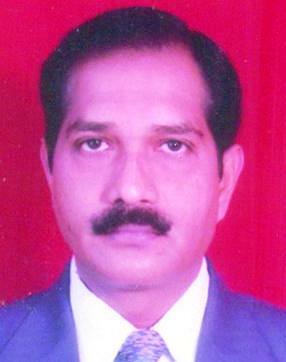
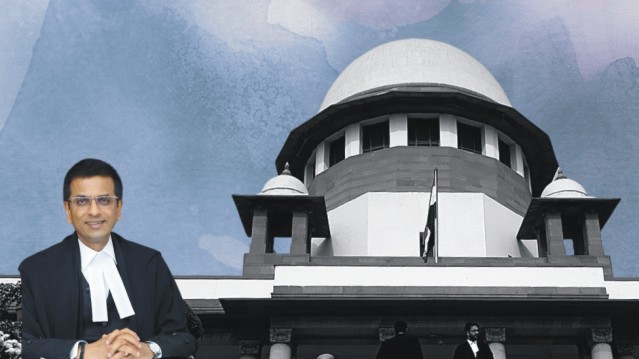
In order to assert political upmanship over judiciary and to gain supremacy over constitution, the constitutional authorities like the Vice President of India, Lok Sabha speaker and the law minister are trying to corner the Supreme Court to degrade its constitutional rights by claiming high moral ground on supremacy of Parliament over Constitution.
Recently, Union Law Minister Kiren Rijiju in a letter to Chief Justice of India, D.Y. Chandrachud has raised the issue of government representatives in the Collegium of judges that decides on judicial appointments.
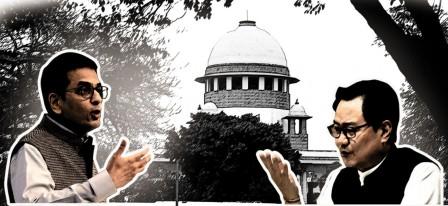
The Vice President and Speaker of the Lok Sabha have both accused the SC of frequently invading the legislative branch’s purview, and Kiren Rijiju, the law minister, has added his complaint to the list of constitutional authorities who have already criticised the SC.
The four senior-most judges of the Supreme Court make up the Collegium, which is presided over by the Chief Justice of India. The Chief Justice of the High Court and the four other senior-most judges of that court make up the collegium.
Only after receiving the CJI and Supreme Court collegium’s approval do names suggested for appointment by a High Court collegium reach the government. The recommendation may be returned by the government for Collegium deliberation. The government is required to pick the appropriate individual if the collegium reiterates its recommendation.
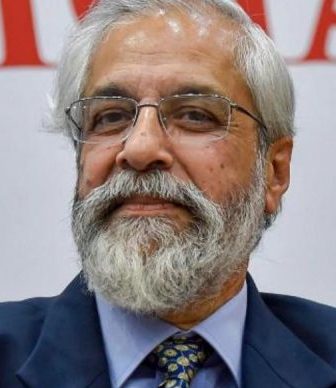
On the ongoing tussle between Judiciary and the government on collegium, former Supreme Court Judge Justice Madan Lokur in an interview with Rajdeep Sardesai (India Today), said “Govt is far more-opaque than the collegium. We don’t know any reason why somebody has to wait 3 years or 4 years. Everybody is just speculating. Why is that some person’s appointment has been cleared in two days and somebody not cleared for two years? That’s opacity.”
In another interview with Karan Thapar for The Wire, the former Supreme Court Judge Justice Madan Lokur said that the Law Minister’s suggestions on having representatives from the Center in Collegium are “unacceptable” and they would, if implemented, “damage and undermine the independence of the judiciary”. According to him the government is trying to have a committed judiciary rather than an independent judiciary.
Also Read: ANY GAY JUDGES IN THE INDIAN JUDICIARY?
On the ongoing debate over collegium and on the question of any changes required in collegium system, Sanjay Parikh, Senior Advocate, Supreme Court said, “The attack on collegium system by the Vice President and the Law Minister does not augur well for a healthy democracy. The Second (1993), Third (1998) and Fourth (2015, NJAC) Judges cases had reasoned out why judges’ appointment should rest with the judiciary. Legislature legislates. It owes its origin to the Constitution. It can make laws on a chartered path given under the Directive Principles or amend the Constitution where it deems necessary for good of the people in a welfare State. It cannot, however, erode the basis of the Constitution or destroy the very principles which our constitution makers cherished. Those principles are the basic features envisioned in Kesavananda Bharti (1973) by the Supreme Court.”
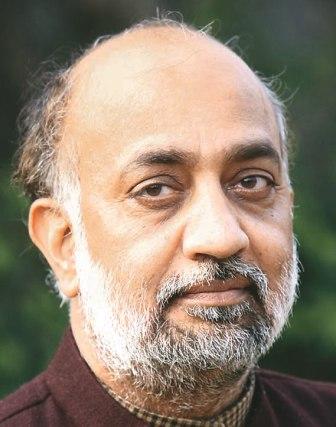
“If you tinker with basic features you tinker with the democracy and the faith people have reposed in you. To question the basic features of the Constitution, rightly called as North Star by the Chief Justice, to say the least, is unthinkable. None of the institutions, namely, Legislature, Judiciary and Executive can claim supremacy. It is the Constitution, which is given to us by the people, which is supreme. All the three institutions are meant to serve and faithfully implement constitutional aspirations. All three institutions are independent except that they are all tied down by the constitutional fabric and a solemn duty to serve the people for their welfare and to ensure equality and human dignity. None can transcend constitutional limitations. It is mutual respect which alone is the key to harmony and growth of a vibrant democracy,” added Sanjay Parikh.
Also Read: Judiciary must remain detached from political ideology to ensure independence
“In this context if we look at the collegium system aiming at preserving independence of the judiciary, nothing can be said to be wrong in the idea. Non-interference of the executive in judicial appointments is necessary. Tomorrow it may happen that any political party makes such attempts which are fatal to the democracy. It may try to impose its ideology which is opposed to the Constitution and the Rule of Law. In such eventuality, we can only look at the judiciary with a hope that it will rise to the occasion and show its independence and courage to protect our constitutional ethos. But for that we need judges of integrity, knowledge and rectitude,” said Advocate Parikh.
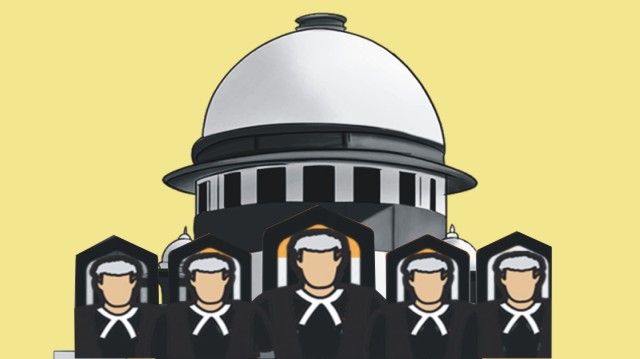 “Question is do we have a collegium system which is independent, conscientious and acts without any fear or favour? The answer is no. The system is opaque. There is favouratism and nepotism. But for curing all these shortcomings, we need to address the system and not subject it to the whims of the executive. There ought to be a large basis for finding out the best talent in the Bar. It should not be confined to the faces which are visible to the judges sitting in the collegium or close to their brethren judges,” he said.
“Question is do we have a collegium system which is independent, conscientious and acts without any fear or favour? The answer is no. The system is opaque. There is favouratism and nepotism. But for curing all these shortcomings, we need to address the system and not subject it to the whims of the executive. There ought to be a large basis for finding out the best talent in the Bar. It should not be confined to the faces which are visible to the judges sitting in the collegium or close to their brethren judges,” he said.
“There appears be no harm if a Secretariate is established for that purpose. Executive can also suggest the names; Bar associations can also do it. It ought to be a participative process. However, the ultimate basis of selecting a judge should remain with the judiciary. It ought to be rationale, non-partisan, merit based and transparent. If Collegium will not act now, they will themselves be responsible for destroying independence of the judiciary and failing in their solemn duty to protect the Constitution,” advocate Parikh argued.
Also Read: Centre vs Collegium: Truth Becomes a Casualty

M. R. Shamshad, Advocate, Supreme Court of India while sharing his perspective said, “This is not a healthy discussion in a democratic setup. The governments must realise that democracy does not authorise the representatives of the people to make any law that they wish to. The Constitution is the basic Rule Book based upon the agreements and adjustments between different classes, communities and the concerns of territorial regions. To ensure balance; strong institutions have been created through the very same legal mechanism. Once the issue of appointment is considered to be integral to neutral functioning of judiciary then it becomes a basic feature of Rule of Law. Hence, the government must realise this fact and must resist from making such public comments.” ![]()
___________
Also Read:
TRUTH VS FALSEHOOD: BBC – Who is afraid?
Mughal Gardens – Name Changed, But Why?
Industrialization versus Environmental Degradation
Punjab – How a deadly cocktail of Agri-Water-Energy nexus going to destroy it?

Disclaimer : PunjabTodayTV.com and other platforms of the Punjab Today group strive to include views and opinions from across the entire spectrum, but by no means do we agree with everything we publish. Our efforts and editorial choices consistently underscore our authors’ right to the freedom of speech. However, it should be clear to all readers that individual authors are responsible for the information, ideas or opinions in their articles, and very often, these do not reflect the views of PunjabTodayTV.com or other platforms of the group. Punjab Today does not assume any responsibility or liability for the views of authors whose work appears here.
Punjab Today believes in serious, engaging, narrative journalism at a time when mainstream media houses seem to have given up on long-form writing and news television has blurred or altogether erased the lines between news and slapstick entertainment. We at Punjab Today believe that readers such as yourself appreciate cerebral journalism, and would like you to hold us against the best international industry standards. Brickbats are welcome even more than bouquets, though an occasional pat on the back is always encouraging. Good journalism can be a lifeline in these uncertain times worldwide. You can support us in myriad ways. To begin with, by spreading word about us and forwarding this reportage. Stay engaged.
— Team PT


Copyright © Punjab Today TV : All right Reserve 2016 - 2024 |